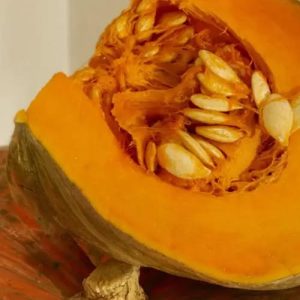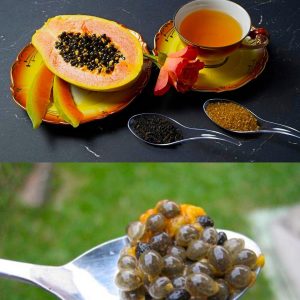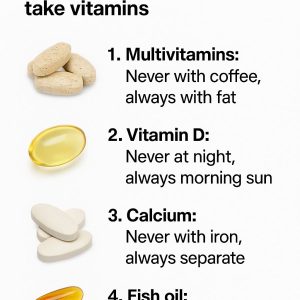–
Discover the properties and benefits of pumpkin seeds—a nutrient-rich superfood that supports heart health, improves sleep, and boosts the immune system. Learn how to easily incorporate them into your daily diet.
Pumpkin seeds, also known as pepitas, are the edible seeds extracted from pumpkins. Flat and green in color, they are often eaten roasted or raw. Packed with nutrients, they make a healthy and versatile snack that can be added to many dishes.
Nutritional Value of Pumpkin Seeds
A 30-gram serving of pumpkin seeds provides approximately:
- Calories: 160 kcal
- Protein: 8.5 g
- Fat: 14 g (mostly unsaturated)
- Carbohydrates: 4 g
- Fiber: 1.7 g
- Magnesium: 168 mg (42% of daily requirement)
- Zinc: 2.2 mg (20% of daily requirement)
- Phosphorus: 151 mg (15% of daily requirement)
They are also a good source of B vitamins, vitamin E, and antioxidants such as carotenoids.

Health Benefits
1. Heart Health
Pumpkin seeds contain unsaturated fatty acids, magnesium, and antioxidants that help lower blood pressure and reduce LDL cholesterol levels, promoting cardiovascular health.
2. Immune System Support
The zinc found in pumpkin seeds is essential for proper immune function, helping the body fight infections and maintain healthy skin.
3. Prostate Health
Studies suggest that pumpkin seeds may help reduce symptoms of benign prostatic hyperplasia (BPH), improving urinary function in men.
4. Better Sleep
Pumpkin seeds are a natural source of tryptophan, an amino acid that the body converts into serotonin, and then into melatonin—the sleep hormone. Eating these seeds may help improve sleep quality.
5. Blood Sugar Control
The magnesium and fiber in pumpkin seeds can help stabilize blood sugar levels, making them beneficial for people with type 2 diabetes or those at risk of developing it.
6. Digestive Health
The dietary fiber in pumpkin seeds supports healthy digestion and promotes regular bowel movements.

How to Consume Pumpkin Seeds
Pumpkin seeds can be easily added to your daily diet:
- As a snack: Enjoy them raw or roasted on their own.
- As a topping: Sprinkle them on salads, soups, or yogurt for extra crunch and nutrients.
- In recipes: Add them to bread, energy bars, or smoothies.
While pumpkin seeds are generally safe for most people, it’s best to consume them in moderation due to their calorie content. Additionally, some individuals may be allergic to pumpkin seeds and should avoid them if necessary.




